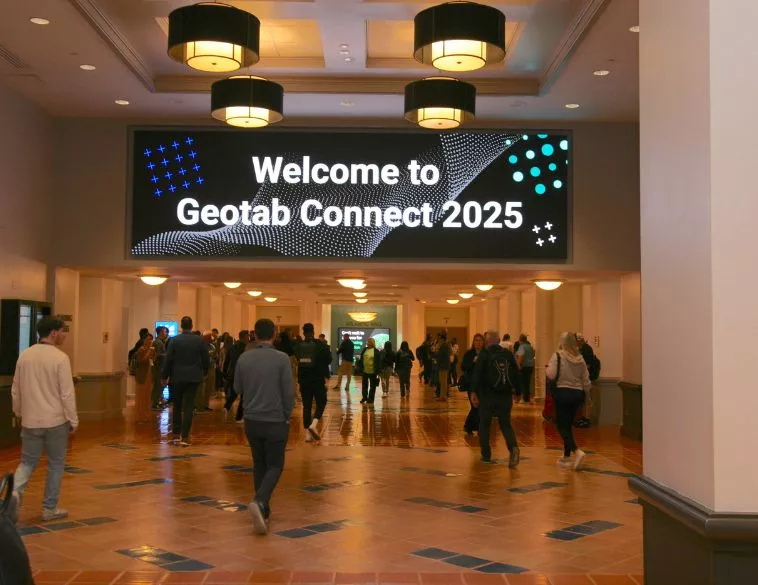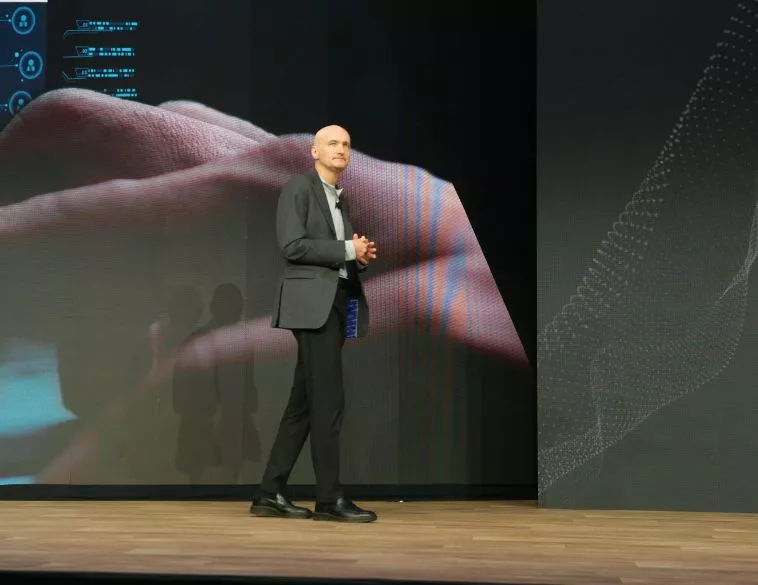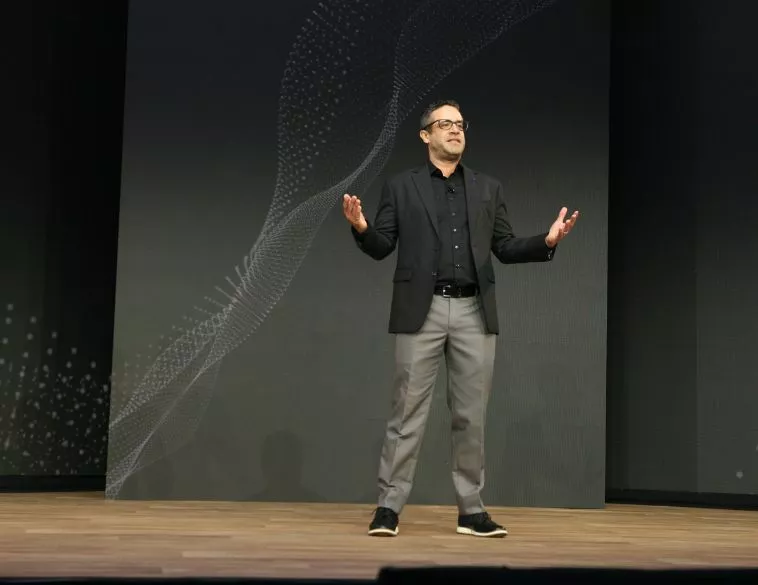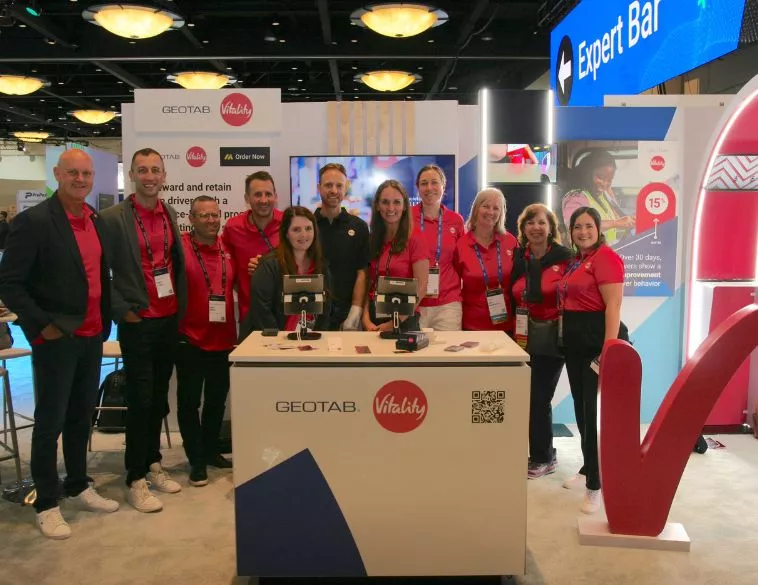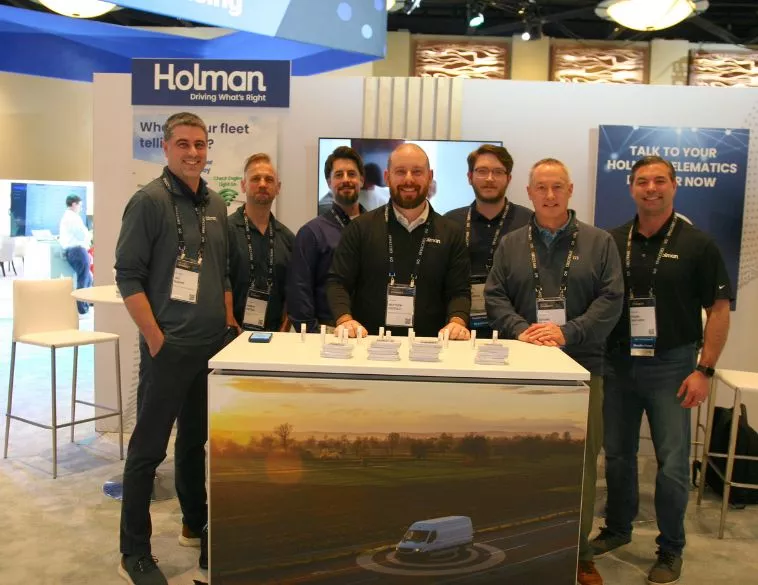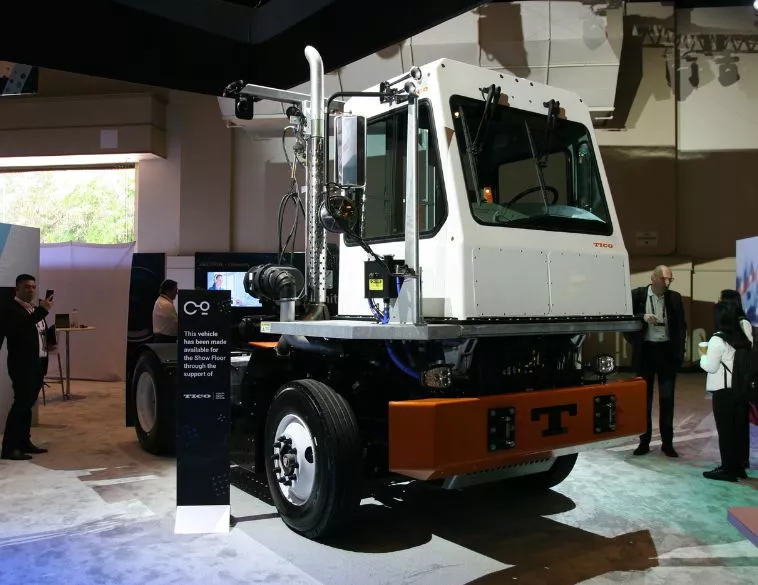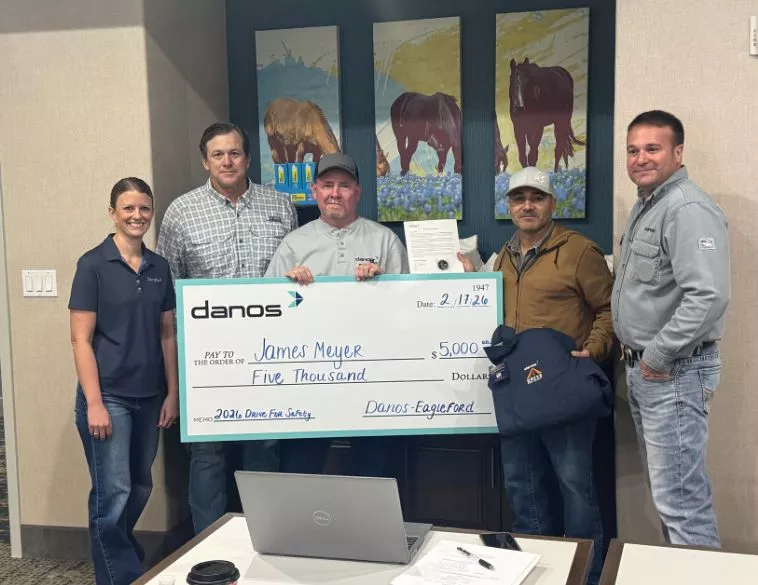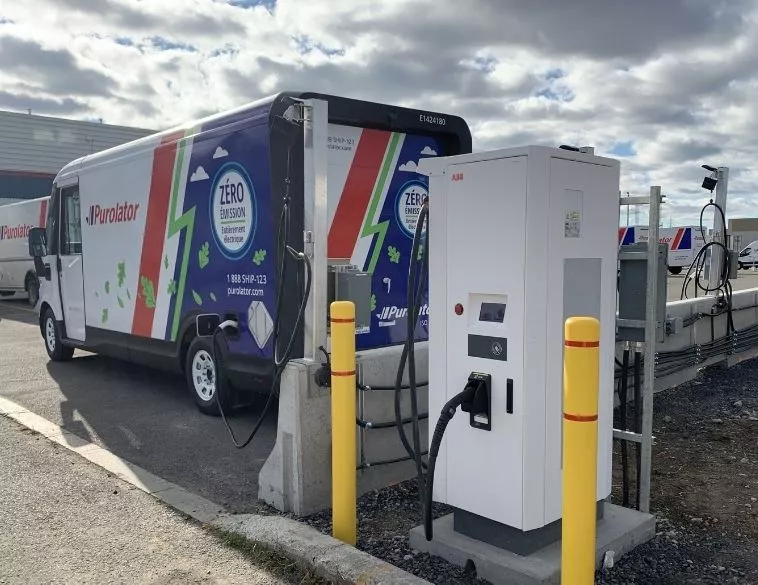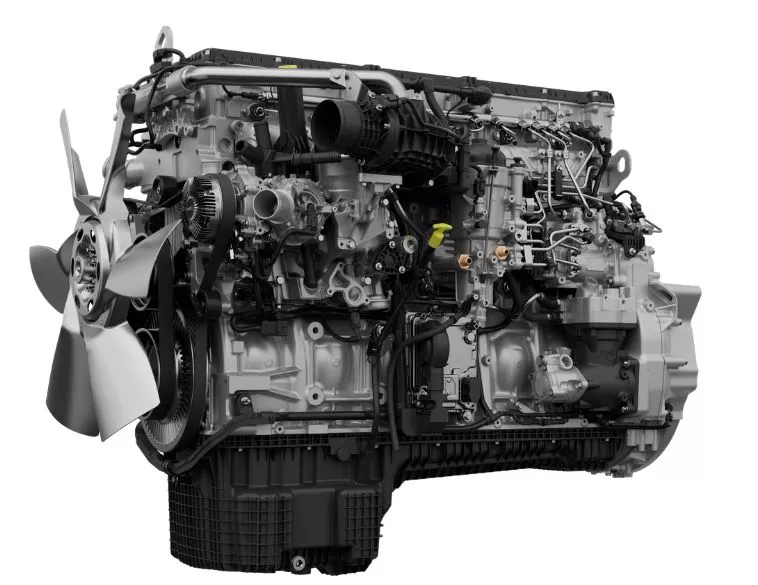Geotab Connect 2025: Advancing the Industry
Massive conference showcased the advancements made over the last 25 years and how technology is shaping the future of fleet.
This was my first time attending Geotab Connect and it proved to be an incredible experience. Over 3,000 fleet, automotive, transportation and mobility industry professionals descended upon the World Disney World Dolphin Resort, near Orlando, Fla., for three days of insightful content and information, including general sessions, workshops an on-site vendor showcase and ample networking opportunities.
25th anniversary
The 2025 conference was also significant in that it represented Geotab’s 25th anniversary. Mike Branch, Vice President of Data and Analytics welcomed attendees in the opening general session and mentioned that Walt Disney World was an appropriate place to host the event, since it represents “the Global Epicentre for Imagineering.” A term coined by Walt Disney many years ago, imagineering represents the concept of combining imagination with engineering, something that Geotab has been intrinsically focused on since inception and one of the reasons why the company has grown into a global leader in the data and telematics space.
And much like World Disney World, Branch stated that Geostab will never be complete, as long as there is imagination within the data and telematics ecosystem. Branch talked about the evolution of technology and how Geotab has continued its mission to touch people’s lives and how integral its customers and partners are in the company’s success.
Quick changes
Neil Cawse, founder and CEO of Geotab, noted that the 2025 Connect conference represented the largest ever, and if it was any bigger attendees would need a GPS tracker to find their way around. Cawse noted that the rapid advance of technology is forcing quick changes when it comes to fleet operations and vehicles. “Telematics is no longer something that’s nice to have,” said Cawse, “it’s become a key to business operations.”
Cawse provided an update on where Geotab is today, including 4.7 million vehicle subscriptions and more than 35,000 customers, and provides data insights and solutions that’s combined with real-world experience with some of the most diverse data sets available at such a large scale. “We are purpose driven for impact,” stated Cawse. “We are good partners to invest with for the long term. We focus on doing the right thing and the profits will come from that.”
To provide an understanding of the sheer volume of vehicle subscriptions that Geotab has, Cawse explained that if you were to park them in a line, that line would stretch from Los Angeles to New York City, back to Los Angeles and back to New York again.
Massive footprint
Geotab’s significance cannot be understatement. It manages over 1 million vehicles in the public sector, including those of the U.S. federal government, and has people on the ground globally across its 17 offices worldwide.
At the time of conference, Geotab had recently rolled out telematics solutions for a customer with a massive fleet of over 300,000 vehicles that include trucks that were 20 years old to those that were brand new. Being able to put such a program together for vehicles that operate in all conditions and access communities and residences across the U.S. was a huge undertaking and illustrates the capabilities and scale of data technology available through partners like Geotab.
Cawse said that today, people tend to gravitate to Geotab for two primary reasons. Firstly, to see where the company is innovating and secondly, to embrace the network and form key relationships with leading organizations that continue to push the fleet industry forward.
“This conference is about planning the future of fleet operations and connected vehicles together but in order to do that, we need to be futurist and hypothetical,” explained Cawse. He talked about the importance of Pragmatic Sustainability and how, by realizing efficiencies, fleets can save significant costs including fuel and maintenance while helping them move forward with their environmental objectives. Cawse also talked about the emergence of AI and how this, combined with massive data sets and deep learning capabilities, can transform the way in which fleets harness data and leverage it to drive sustainability and economic success. “Together, we can shape a future where business and the environment truly thrive.”


